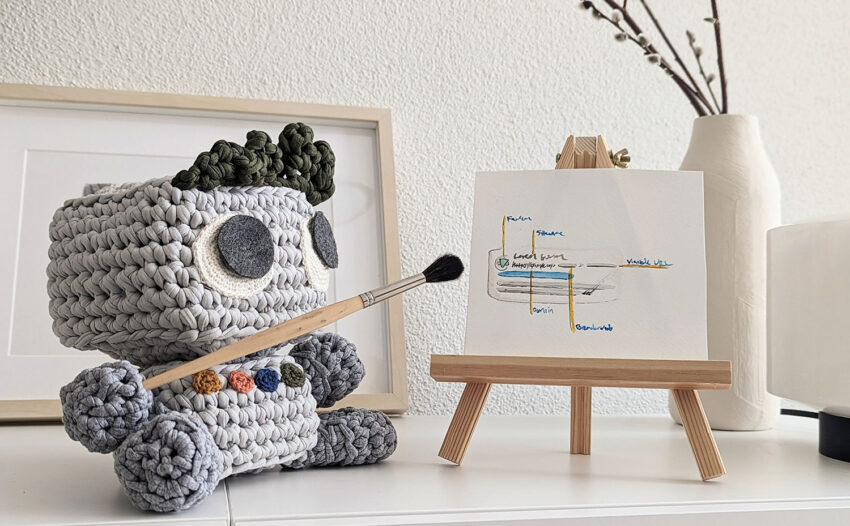Source: Search Engine Roundtable by barry@rustybrick.com (Barry Schwartz). Read the original article
TL;DR Summary of Key Attributes for Effective Web Crawlers in SEO and AI Search
Effective web crawlers should support HTTP/2, clearly declare their identity, and strictly respect robots.txt rules. They must also handle errors gracefully, follow caching directives, and avoid disrupting site operations. Additionally, transparency in IP ranges and data usage policies is crucial for compliance and trust.
Optimixed’s Overview: Essential Best Practices for Choosing Web Crawlers in SEO and AI Search Contexts
Insights from Google Experts on Web Crawler Capabilities
When selecting a crawler for SEO audits or general AI search tasks, certain technical and ethical attributes are vital. Google representatives Martin Splitt and Gary Illyes highlighted a comprehensive set of best practices to ensure crawlers operate efficiently and responsibly.
Core Attributes Recommended for Web Crawlers
- Support for HTTP/2: Enables faster and more efficient data transfer between crawler and server.
- User Agent Identification: Crawlers must declare their identity clearly to allow site owners to recognize and manage crawler traffic.
- Respect Robots.txt: Compliance with the Robots Exclusion Protocol is mandatory to honor site owners’ indexing preferences.
- Backoff and Retry Mechanisms: Crawlers should reduce request rates if the server shows signs of slowing down and retry requests reasonably when errors occur.
- Follow Redirects and Caching Directives: Properly handling these ensures accurate, up-to-date content retrieval and respects server caching strategies.
- Error Handling: Graceful management of errors prevents unnecessary server load and data inaccuracies.
Transparency and Ethical Considerations
Beyond technical capabilities, crawlers should maintain transparency by:
- Publishing the IP ranges from which they crawl to help site administrators manage access.
- Providing a dedicated page explaining how crawled data is used and methods to block the crawler if desired.
- Ensuring they do not interfere with normal site operations, preserving a positive experience for real users.
These guidelines stem from a recent IETF document co-authored by Gary Illyes, emphasizing industry-standard best practices for crawler behavior and interaction with web servers.
